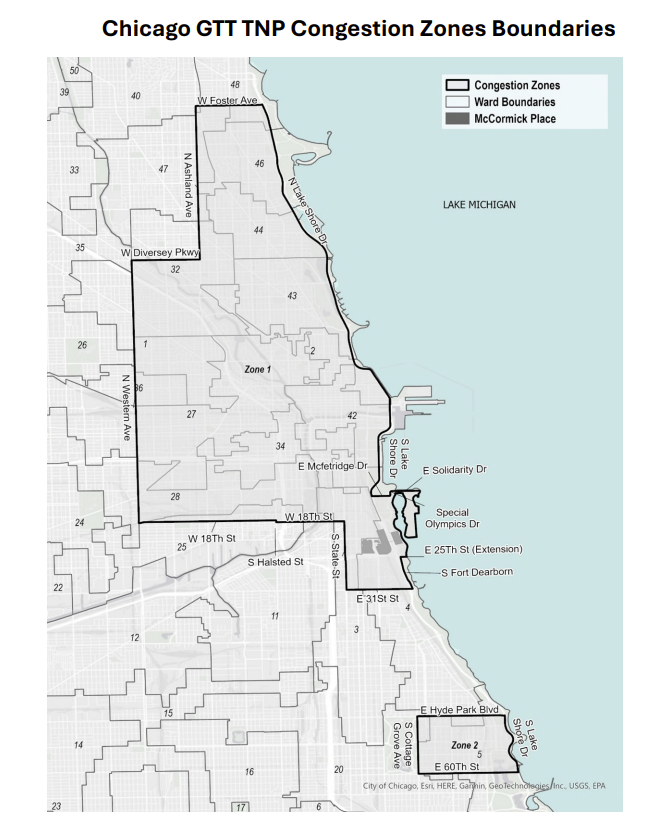Last month, the University of Chicago Medical Center (UCMC) organized the Big Wash, a one-day competition to promote proper hand hygiene procedures among staff. In the 24-hour period of observation, there were almost 97,000 hand hygiene events digitally recorded each time a soap or hand sanitizer dispenser was used.
“We are looking for ways to try to improve our hand hygiene compliance because the truth is harsh when you have an electronic monitoring system,” hospital epidemiologist, Emily Landon, M.D., said. When a baseline was taken in late October, unit compliance rates ranged from between 20 percent and 50 percent.
The Medical Center aimed to have perfect compliance across the board, but it recognized such an ambitious goal would be difficult to achieve. The electronic monitoring system measured the number of hand hygiene events against the number of times people entered or exited the room, but had no way to account for visitors, who are not required to wash their hands, or doctors who entered but had no contact with the patient that would warrant hand sanitation.
Regardless of the challenges in measuring, 11 of the 28 units competing achieved perfect hand hygiene scores. Prizes were awarded to these units that achieved 100 percent compliance, as well as to the unit with the biggest improvement from its baseline rate. The reward money was intended to be spent on items that will make work easier for the unit, like more medical devices or supplies, or even something simpler, like a new coffee pot.
Overall, the UCMC was pleased with the enthusiasm and participation of the staff. “Everybody had time for it, everybody did it, and there were a lot of really positive things that happened on that day,” Landon said. “I think it opened up everybody’s eyes to the idea that we really could achieve this goal and maybe do it all the time.”
Although compliance rates have decreased since the Big Wash, Landon is optimistic about the results of the contest. “It took about a month for us to get back down to another baseline, and that baseline is higher than the one we had before, so people are doing better all the time because of this one day of hand hygiene.”
Proper hand sanitation is essential in the medical field—the Center for Disease Control (CDC) estimates that 722,000 patients in the US develop infections in hospitals each year. To decrease the likelihood of spreading dangerous microorganisms, the CDC recommends that doctors wash their hands before contacting patients, after touching any bodily fluids (even if gloves are worn), before invasive procedures, and after removing gloves.
Landon suggested that the hospital will be doing similar events in the future, including a longer version of the Big Wash tentatively called Spring Cleaning.
“These kinds of contests always motivate people, they get people involved, and when you do it for short periods of time, it helps to build the habit which is gonna carry them through the rest of the time,” Landon said.







